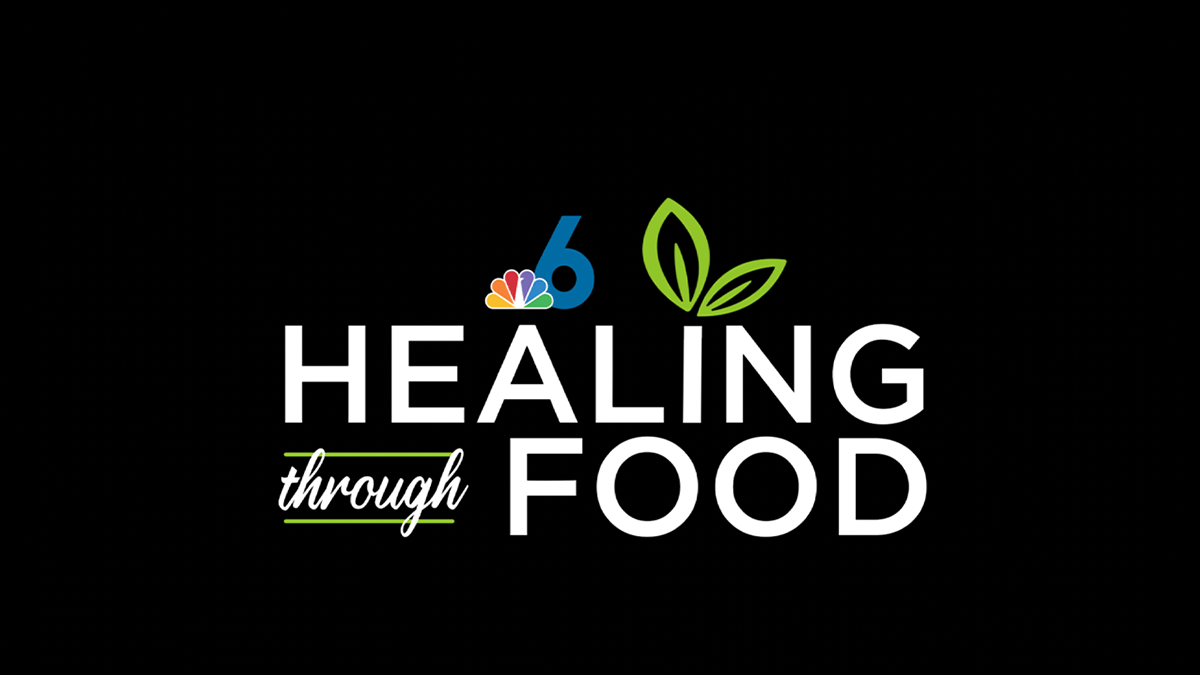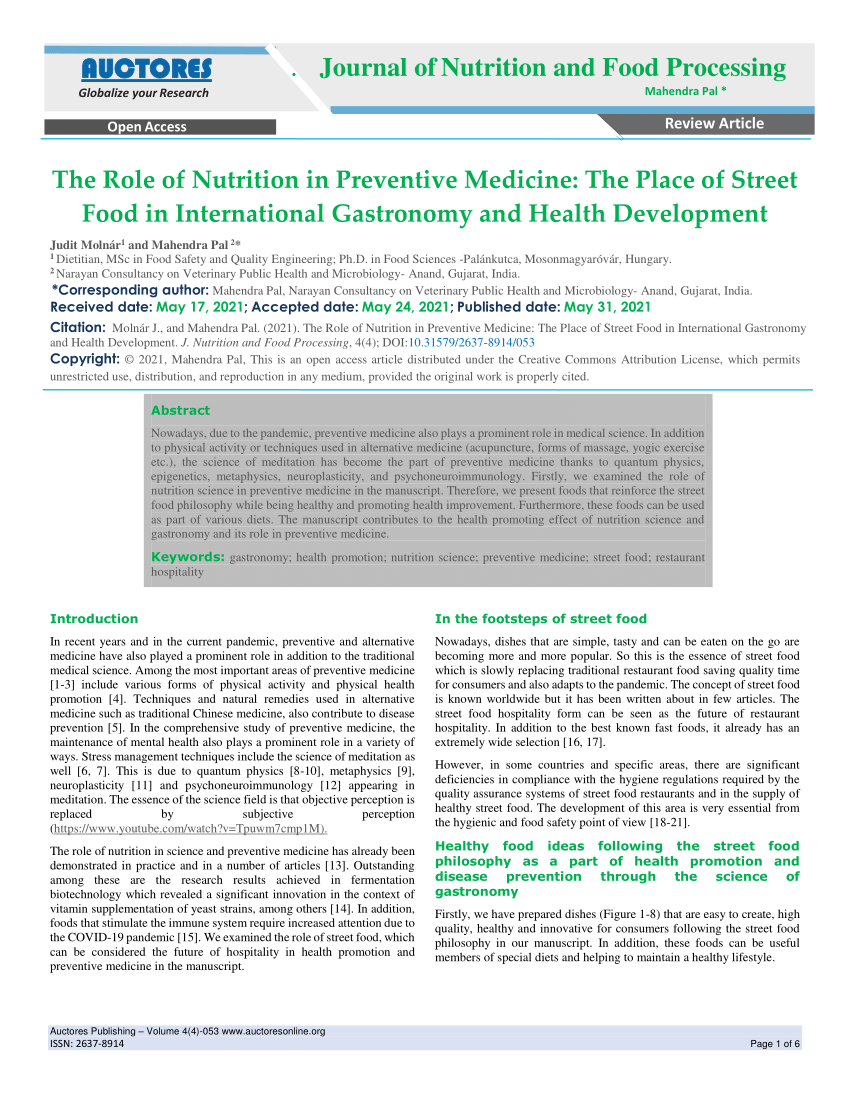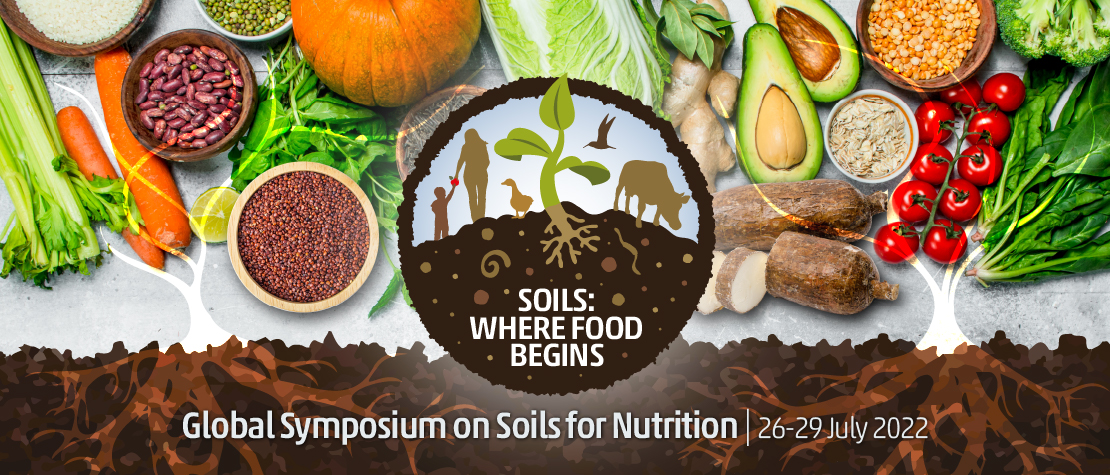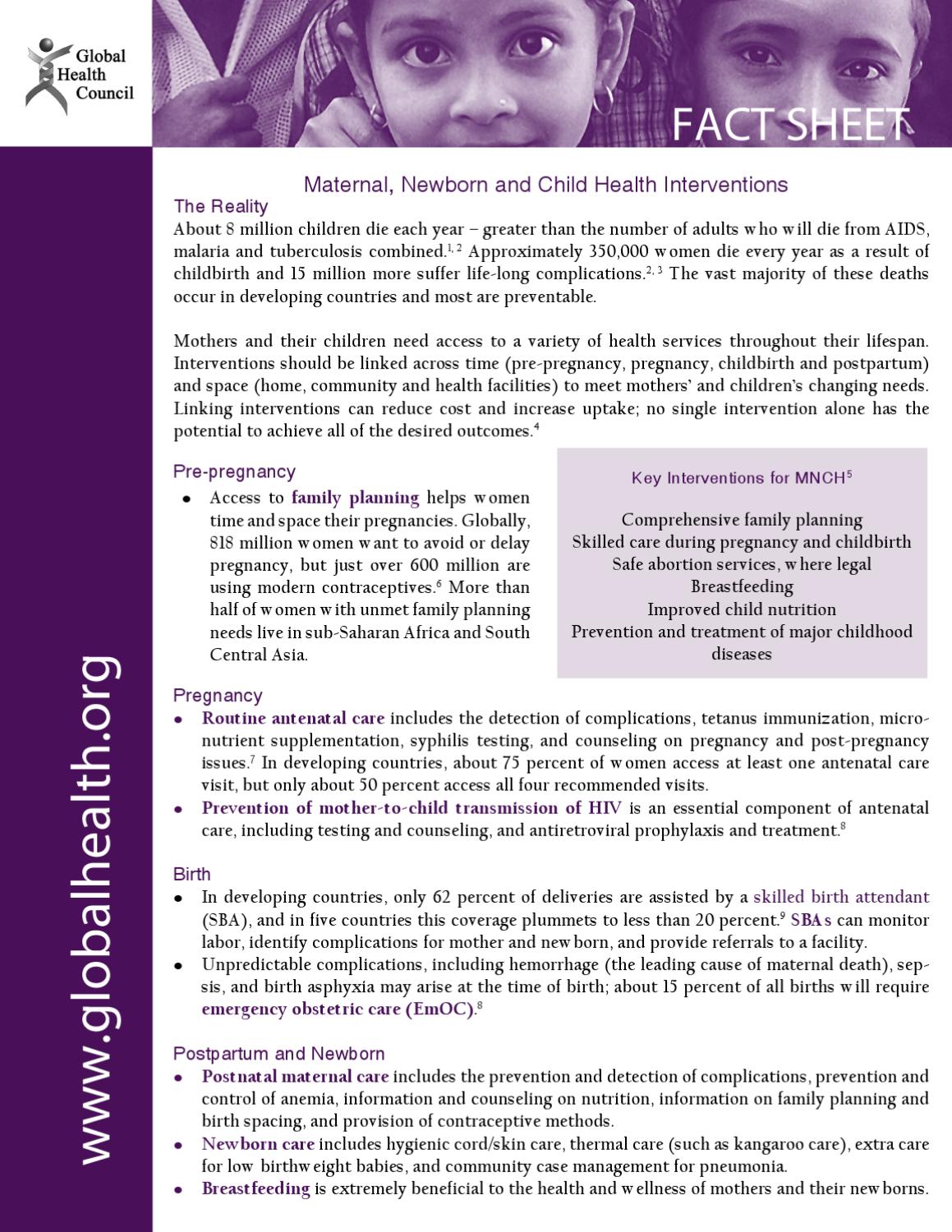
Nutrition is a crucial aspect of global health and disease prevention. It plays a significant role in maintaining good health and preventing various diseases. In this article, we will explore the importance of nutrition in global health, its benefits, and how to maintain a healthy diet. We will also discuss the pros and cons of different dietary approaches, alternatives to traditional diets, step-by-step guides on how to improve your nutrition, comparison of different diets, tips for maintaining a healthy diet, and the best nutrition practices.
Who needs proper nutrition?

Everyone needs proper nutrition to maintain good health. However, certain groups may require more attention to their dietary needs. These include pregnant women, infants, children, adolescents, athletes, and older adults. Pregnant women require additional nutrients to support the development of the fetus, while infants and young children need adequate nutrients for growth and development. Adolescents and athletes may have higher energy demands and require more calories to fuel their activities. Older adults may require more protein to maintain muscle mass and bone health.
What is proper nutrition?

Proper nutrition involves consuming a balanced diet that provides all the necessary nutrients required for optimal health and well-being. It includes macronutrients such as carbohydrates, proteins, and fats, as well as micronutrients such as vitamins and minerals. A balanced diet should consist of a variety of foods from all food groups, including fruits, vegetables, whole grains, lean proteins, and healthy fats.
When should we focus on proper nutrition?

Proper nutrition should be a lifelong focus, starting from infancy through old age. Good nutrition is essential during pregnancy and lactation, as well as during childhood and adolescence when growth and development occur. As we age, proper nutrition becomes even more critical to help prevent chronic diseases and maintain overall health and wellbeing.
How to maintain a healthy diet?

Maintaining a healthy diet involves making small changes to your eating habits and lifestyle. Here are some tips on how to maintain a healthy diet:
- Choose whole, unprocessed foods whenever possible.
- Eat a variety of fruits and vegetables to ensure adequate vitamin and mineral intake.
- Include complex carbohydrates such as whole grains in your meals.
- Incorporate lean proteins such as fish, poultry, and legumes into your diet.
- Limit saturated and trans fats, as well as added sugars and salt.
- Stay hydrated by drinking plenty of water and limiting sugary drinks and alcohol.
Pros and Cons of Different Dietary Approaches
Different dietary approaches have pros and cons depending on individual needs and preferences. Here are some common dietary approaches and their pros and cons:
Mediterranean Diet
The Mediterranean diet is rich in whole grains, fruits, vegetables, nuts, seeds, and healthy fats such as olive oil. It emphasizes moderate consumption of lean protein sources such as fish, poultry, and legumes. The Mediterranean diet has been associated with numerous health benefits, including reduced risk of heart disease, stroke, and certain cancers. However, it may be challenging to follow for those who prefer a more meat-centric diet.
Vegan Diet
A vegan diet eliminates all animal products and is rich in fruits, vegetables, whole grains, legumes, and healthy fats. A vegan diet has been associated with lower rates of heart disease, diabetes, and some cancers. However, it may be challenging to obtain adequate protein, iron, calcium, and vitamin B12 on a vegan diet.
Ketogenic Diet
The ketogenic diet is high in fat, low in carbohydrates, and moderate in protein. It has been shown to promote weight loss and reduce blood sugar levels in individuals with type 2 diabetes. However, the high fat content may increase the risk of heart disease, and adherence to the diet may be challenging for some individuals.
Paleo Diet
The paleo diet emphasizes whole, unprocessed foods such as fruits, vegetables, lean meats, and healthy fats. It eliminates processed foods, grains, dairy, and legumes. The paleo diet has been associated with weight loss and improved blood sugar control. However, it may be challenging to obtain adequate calcium and vitamin D on a paleo diet.
Alternatives to Traditional Diets
There are various alternatives to traditional diets that focus on specific health goals or preferences. Here are some popular alternatives:
Intermittent Fasting
Intermittent fasting involves alternating periods of eating and fasting. It has been shown to promote weight loss, improve blood sugar control and reduce inflammation.
Whole30 Diet
The Whole30 diet involves eliminating all processed foods, added sugars, grains, and dairy for 30 days. It aims to reset your eating habits and improve overall health.
Plant-Based Diet
A plant-based diet focuses on consuming mostly plant-based foods such as fruits, vegetables, whole grains, legumes, and nuts. It has been associated with numerous health benefits, including reduced risk of heart disease, diabetes, and certain cancers.
Step-by-Step Guide on How to Improve Your Nutrition
Improving your nutrition involves making gradual changes to your eating habits and lifestyle. Here’s a step-by-step guide on how to improve your nutrition:
- Start by setting achievable goals such as incorporating more fruits and vegetables into your diet or reducing your intake of processed foods.
- Keep a food diary to track what you eat and identify areas where improvements can be made.
- Focus on eating whole, unprocessed foods as much as possible.
- Gradually increase your intake of fruits and vegetables to ensure adequate vitamin and mineral intake.
- Incorporate lean proteins such as fish, poultry, and legumes into your meals.
- Replace refined carbohydrates with complex carbohydrates such as whole grains.
- Limit saturated and trans fats, as well as added sugars and salt.
- Stay hydrated by drinking plenty of water and limiting sugary drinks and alcohol.
Comparison of Different Diets
Different diets have different approaches to achieving optimal health and wellbeing. Here’s a comparison of some common diets:
| Diet | Approach | Pros | Cons |
|---|---|---|---|
| Mediterranean | Emphasizes whole, unprocessed foods such as fruits, vegetables, nuts, and healthy fats. | Reduces risk of heart disease, stroke, and certain cancers. | May be challenging for meat-centric diets. |
| Vegan | Eliminates all animal products and emphasizes plant-based foods. | Reduces risk of heart disease, diabetes, and some cancers. | May be challenging to obtain adequate protein, iron, calcium, and vitamin B12. |
| Ketogenic | High in fat, low in carbohydrates, and moderate in protein. | Promotes weight loss and reduces blood sugar levels in individuals with type 2 diabetes. | High fat content may increase the risk of heart disease. |
| Paleo | Emphasizes whole, unprocessed foods and eliminates processed foods, grains, dairy, and legumes. | Associated with weight loss and improved blood sugar control. | May be challenging to obtain adequate calcium and vitamin D. |
Tips for Maintaining a Healthy Diet
Maintaining a healthy diet can be challenging, but it’s essential for optimal health and well-being. Here are some tips for maintaining a healthy diet:
- Plan your meals and snacks in advance.
- Choose whole, unprocessed foods as much as possible.
- Incorporate a variety of fruits and vegetables into your meals.
- Eat protein-rich foods such as fish, poultry, and legumes.
- Replace refined carbohydrates with complex carbohydrates such as whole grains.
- Limit saturated and trans fats, as well as added sugars and salt.
- Stay hydrated by drinking plenty of water and limiting sugary drinks and alcohol.
- Practice mindful eating by paying attention to your hunger and fullness cues.
The Best Nutrition Practices
The best nutrition practices involve consuming a balanced diet that provides all the necessary nutrients required for optimal health and well-being. Here are the best nutrition practices:
- Consume a variety of whole, unprocessed foods from all food groups.
- Incorporate lean proteins such as fish, poultry, and legumes into your meals.
- Include complex carbohydrates such as whole grains in your meals.
- Choose healthy fats such as olive oil, nuts, and seeds.
- Limit saturated and trans fats, as well as added sugars and salt.
- Stay hydrated by drinking plenty of water and limiting sugary drinks and alcohol.
- Practice mindful eating by paying attention to your hunger and fullness cues.
Conclusion
Nutrition is a critical aspect of global health and disease prevention. Proper nutrition involves consuming a balanced diet that provides all the necessary nutrients required for optimal health and well-being. There are various dietary approaches and alternatives to traditional diets that can help achieve specific health goals or preferences. Maintaining a healthy diet involves making small changes to your eating habits and lifestyle, such as incorporating more fruits and vegetables into your meals and limiting processed foods. The best nutrition practices involve consuming a balanced diet from all food groups and practicing mindful eating.
FAQs
- What are the benefits of proper nutrition?
Proper nutrition has numerous health benefits, including reduced risk of heart disease, stroke, diabetes, and certain cancers.
- How can I improve my nutrition?
You can improve your nutrition by making gradual changes to your eating habits and lifestyle, such as eating whole, unprocessed foods and staying hydrated.
- What are some common dietary approaches?
Some common dietary approaches include the Mediterranean diet, vegan diet, ketogenic diet, and paleo diet.
- Are there any alternatives to traditional diets?
Yes, there are various alternatives to traditional diets, such as intermittent fasting, Whole30, and plant-based diets.
- What are the best nutrition practices?
The best nutrition practices involve consuming a balanced diet from all food groups and practicing mindful eating.6. How can I maintain a healthy diet?
You can maintain a healthy diet by planning your meals and snacks in advance, incorporating a variety of whole, unprocessed foods into your meals, and practicing mindful eating.
- What are some common nutrition myths?
Common nutrition myths include the idea that carbohydrates are bad for you, that all fat is bad for you, and that you need to consume large amounts of protein to build muscle.
- How can I ensure I’m getting all the necessary nutrients from my diet?
You can ensure you’re getting all the necessary nutrients from your diet by consuming a balanced diet that includes a variety of whole, unprocessed foods from all food groups. You can also consider taking a multivitamin or speaking with a registered dietitian for personalized recommendations.
- Can proper nutrition help prevent chronic diseases?
Yes, proper nutrition plays a crucial role in preventing chronic diseases such as heart disease, type 2 diabetes, and certain cancers.
- How can I make healthier choices when eating out?
You can make healthier choices when eating out by researching menus in advance, choosing grilled or baked options instead of fried foods, and asking for dressings and sauces on the side. You can also consider sharing a meal or taking half of it home.11. Is it necessary to count calories to maintain a healthy diet?
No, it is not necessarily to count calories to maintain a healthy diet. Instead, focus on consuming a balanced diet that includes a variety of whole, unprocessed foods from all food groups.
- Can I still enjoy my favorite foods while maintaining a healthy diet?
Yes, you can still enjoy your favorite foods while maintaining a healthy diet. The key is to consume these foods in moderation and balance them out with other nutritious foods.
- How much water should I drink each day?
The amount of water you need to drink each day depends on various factors such as age, gender, activity level, and climate. As a general guideline, aim to drink at least eight 8-ounce glasses of water per day.
- Are there any specific foods I should avoid for optimal nutrition?
There are no specific foods that you need to avoid for optimal nutrition. Instead, focus on consuming a balanced diet that includes a variety of whole, unprocessed foods from all food groups and limiting processed foods and added sugars.
- Can I get enough protein on a plant-based diet?
Yes, it is possible to get enough protein on a plant-based diet by incorporating protein-rich plant-based foods such as beans, lentils, tofu, tempeh, nuts, and seeds into your meals.




